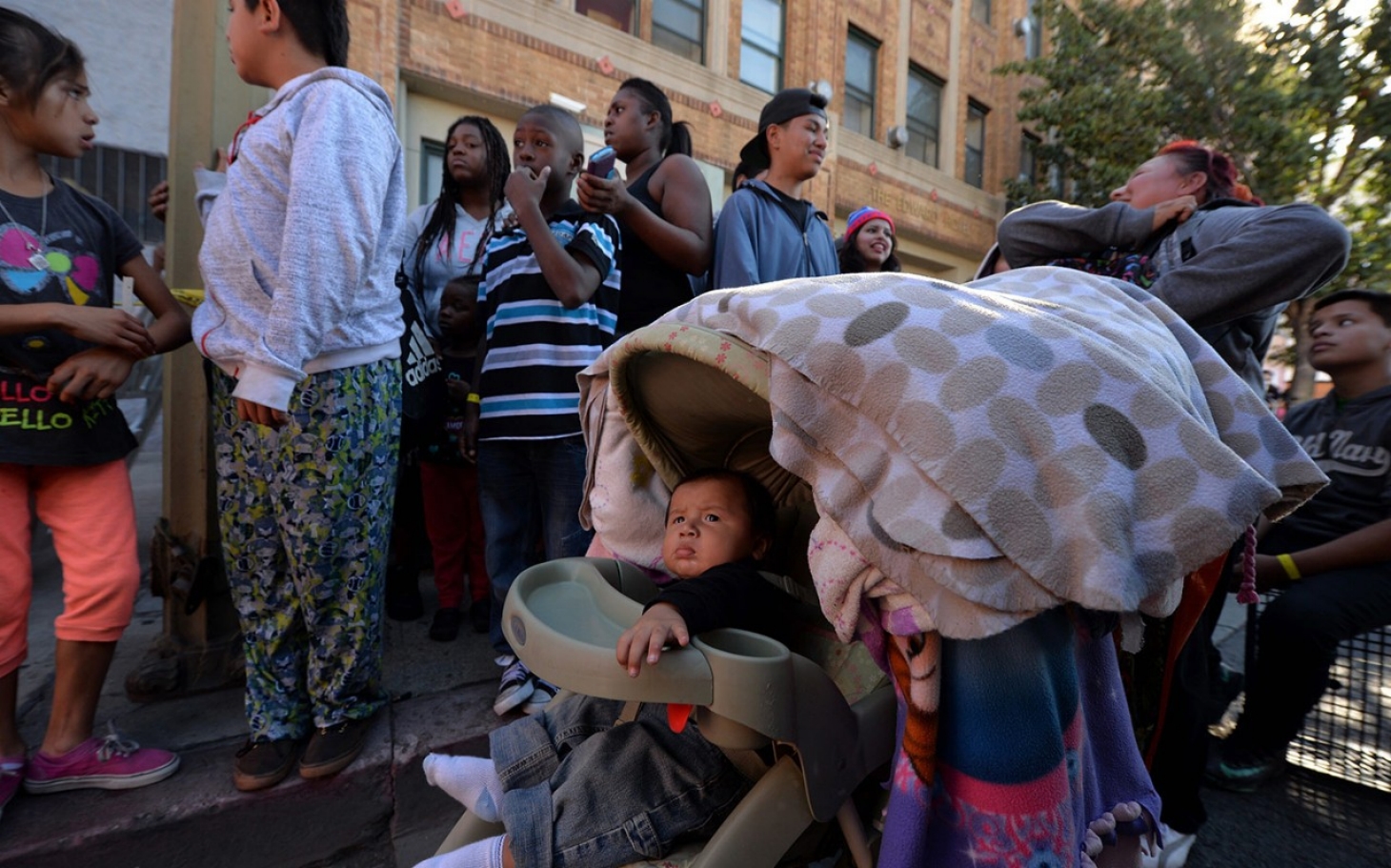Published by The Capital City Hues, November 13, 2023
 Millions of children in the U.S. have been kicked off Medicaid, including nearly a quarter of a million in Wisconsin. These kids have lost critical health insurance since the end of the government’s guaranteed coverage during the Covid-19 pandemic. The news masks a more serious issue of child poverty which should have no place in one of the richest countries in the world. We’re entering the season where kids are being told that Santa Claus is coming their way with goodies when we should be protecting them from Uncle Sam’s bad policies.
Millions of children in the U.S. have been kicked off Medicaid, including nearly a quarter of a million in Wisconsin. These kids have lost critical health insurance since the end of the government’s guaranteed coverage during the Covid-19 pandemic. The news masks a more serious issue of child poverty which should have no place in one of the richest countries in the world. We’re entering the season where kids are being told that Santa Claus is coming their way with goodies when we should be protecting them from Uncle Sam’s bad policies.
Medicaid is an important string in the government’s safety net for children and adults with limited resources and significant needs. The program was instituted in 1965 and was expanded by the Affordable Care Act (ACA) in 2010. I don’t have enough space in this column to talk about the life-saving aspects of the program, especially underwriting totally or subsidizing the skyrocketing costs of prescriptions.
Recently the Georgetown Center for Children and Families reported nearly 7 million children could be dropped from the rolls due to bureaucratic snafus, throwing families into an abyss of uncertainty as to how medical treatment, meds and wellness visits will be paid for. This burden would be added to the daily struggle for food, shelter and transportation. The Center estimates that half the children in the country were enrolled in Medicaid.
Our government needs to do so much more to ensure the safety and viability of its youngest citizens. It is magical thinking to undercut the needs of children in their vulnerable, yet formative years then turn around and expect them to grow into sane, productive and healthy adults. It doesn’t work that way and we have generations of evidence that proves such.
The Forum on Children and Family Statistics is an advocacy group that tracks such evidence. It has done so for twenty-five years. The report is organized to present key indicators in seven domains: family and social environment, economic circumstances, health care, physical environment and safety, behavior, education, and health. It tracks trends and outcomes; most don’t bode well for our future adult citizens.
Another respectable tracker is the Kids Count Data Book funded by the Annie E. Casey Foundation for over three decades. Its desire is to raise the visibility of children’s issues “through a nonpartisan, evidence-based lens.” Such a lofty desire.
The sad part is that our elected officials seem to be the last ones to look at, be moved by or act on data regarding our children. If we smacked them across the head with all of the reports and books on data and children’s outcomes, we would be charged with assault and battery. I doubt if children’s issues will even come up during the presidential debates. Such as sad commentary.
It is a reasonable expectation of our local, state and federal governments to provide legislation and funding to support the well-being of our nation’s children. Child and family advocates are challenged as to how to get the attention of politicians to work on a serious, long-term plan for the well-being of children. In a sea of corruption, divisiveness, racial and ethnic strife, it must be hard to see babies drowning in poverty and unfulfilled promises.



